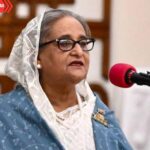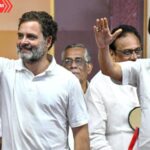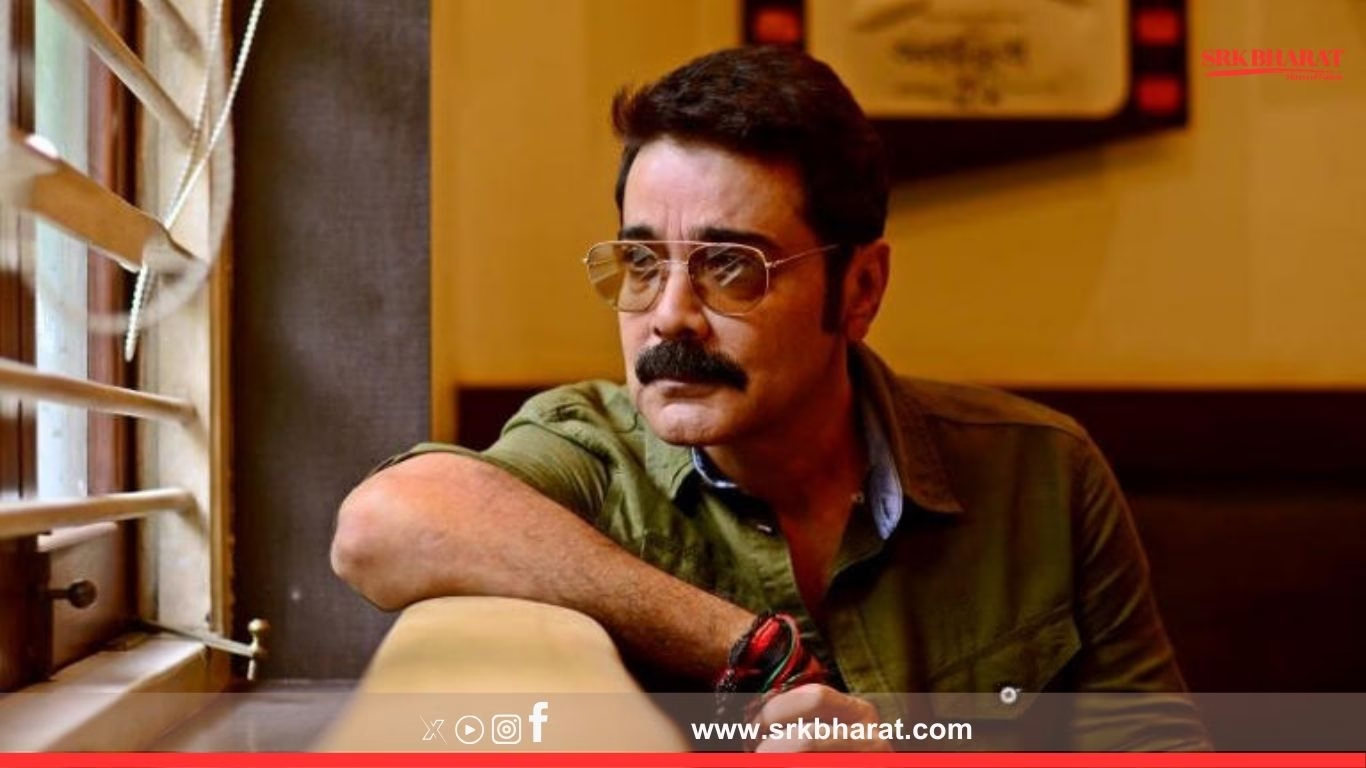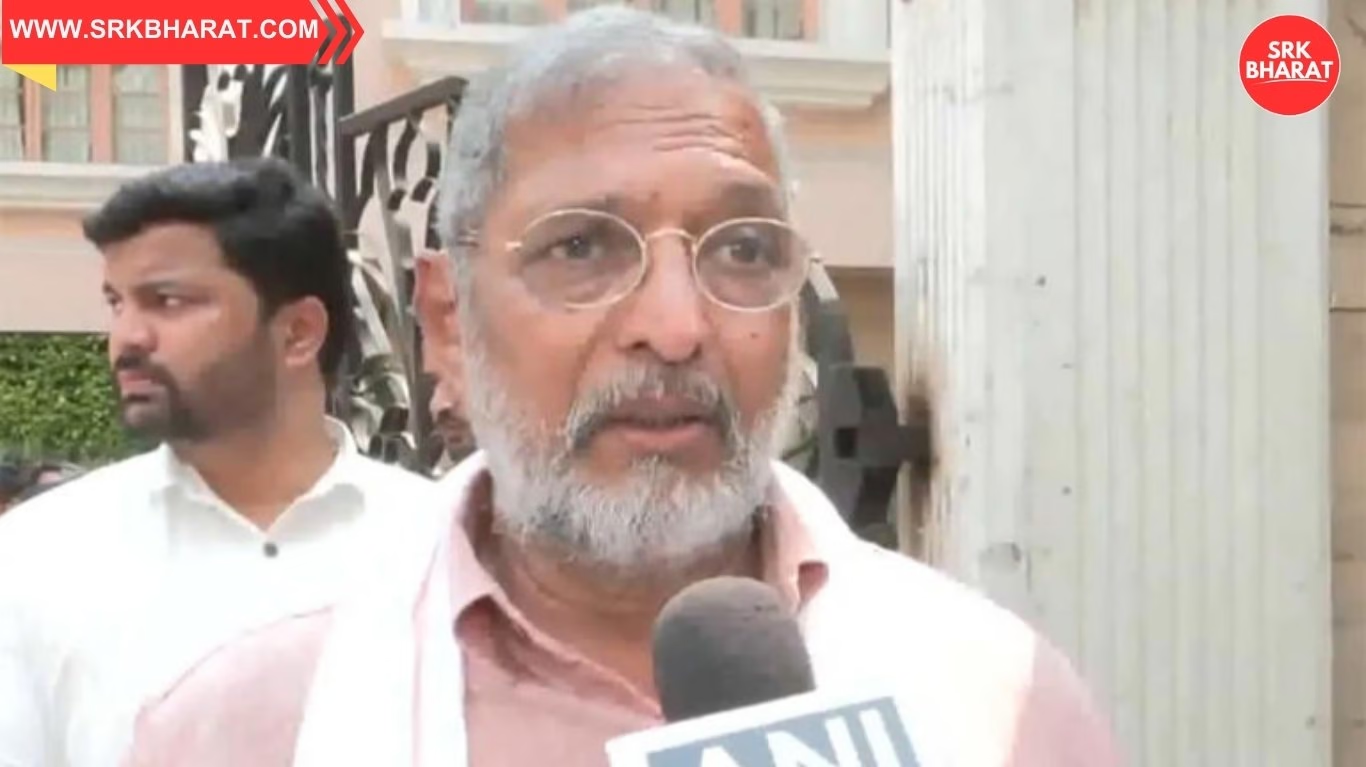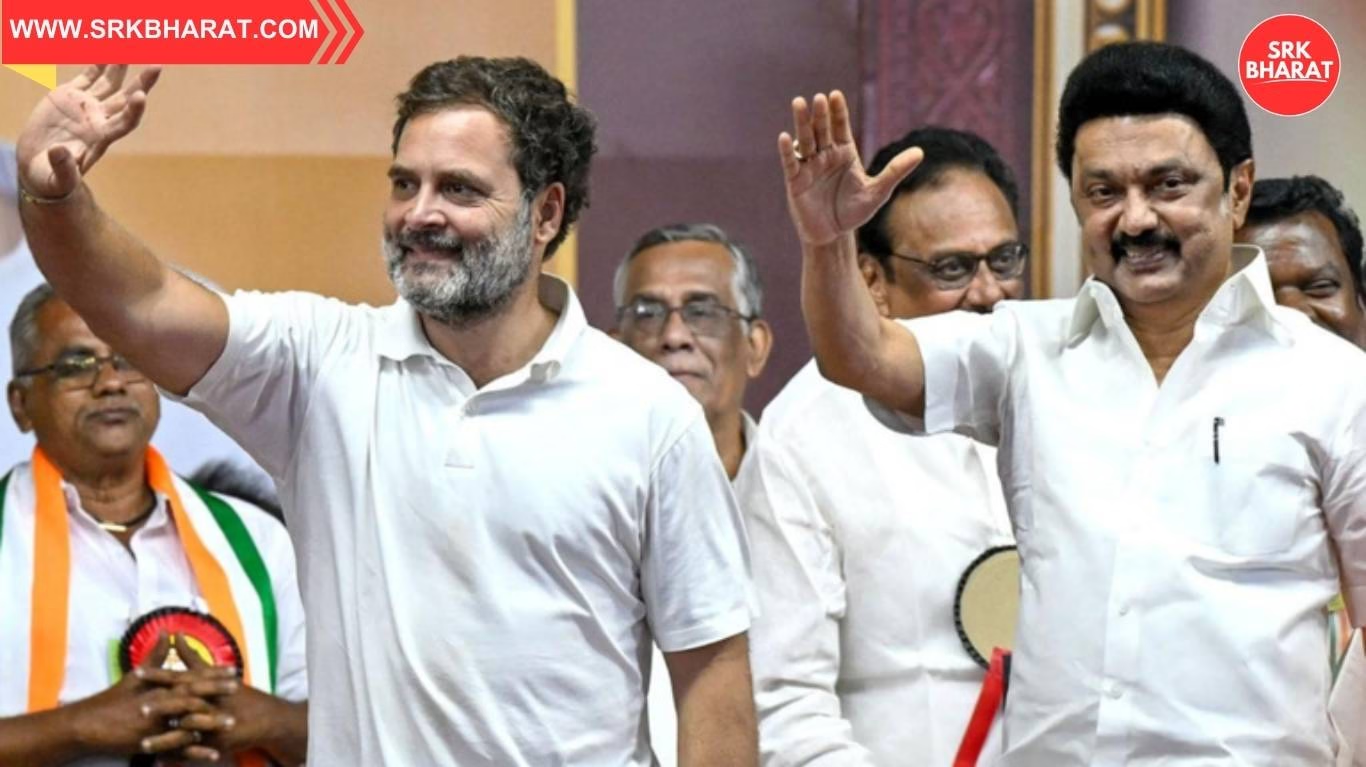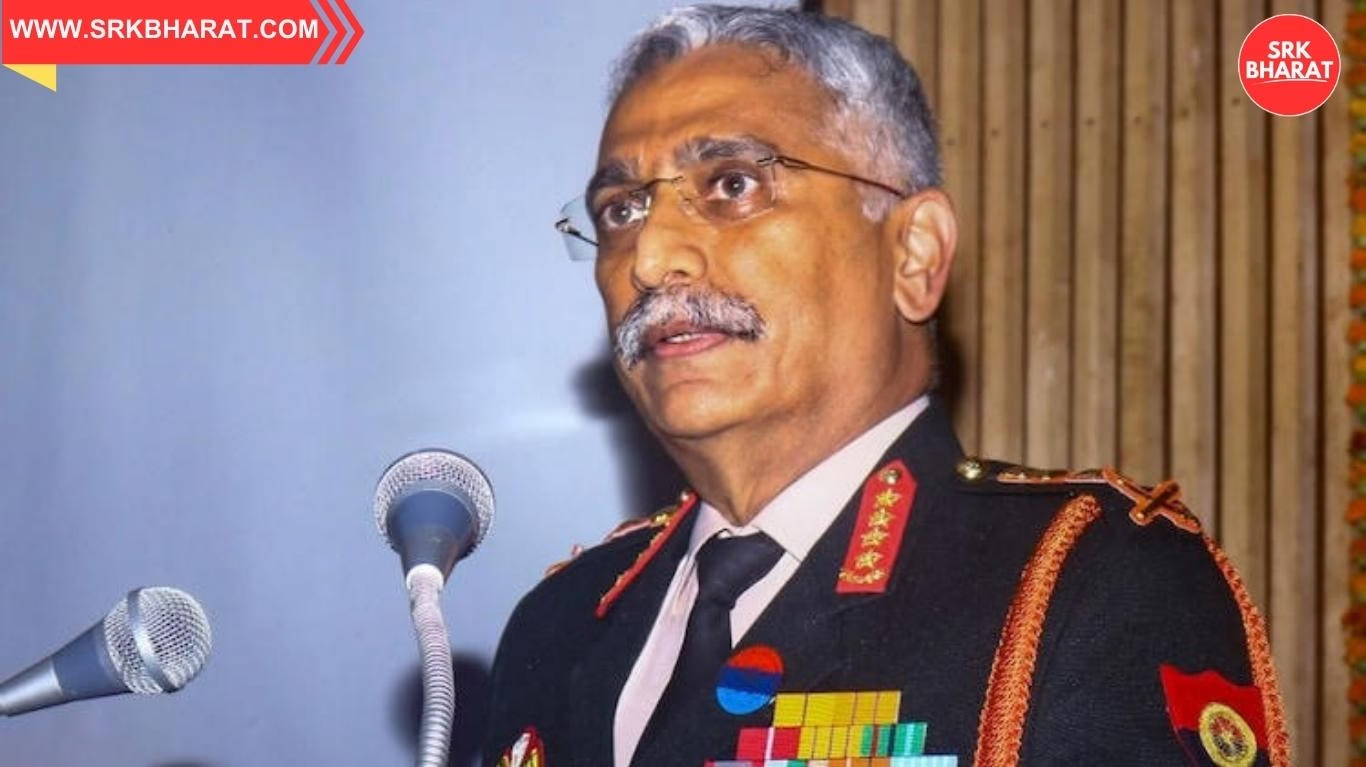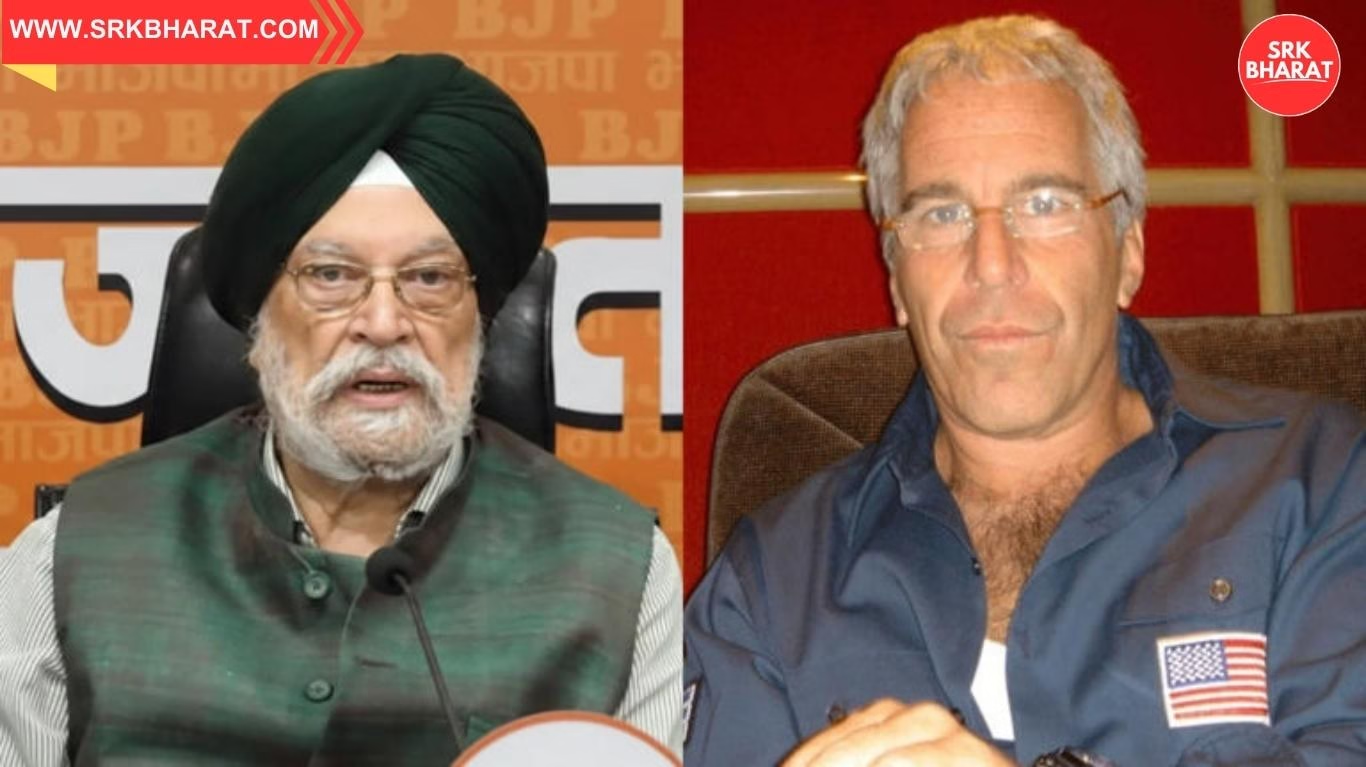Bengali cinema’s biggest superstar Prosenjit Chatterjee found himself at the centre of an unexpected controversy this week after his offhand remark questioning the need to converse in Bengali sparked widespread outrage on social media and among cultural activists. The actor, fondly called “Bumba Da” by fans, was forced to issue a public apology clarifying his intentions behind the statement.
What exactly did Prosenjit say?
At a promotional event for his upcoming film in Kolkata, Prosenjit Chatterjee responded to a journalist’s question about promoting Bengali culture by asking:
“Why do you need to talk in Bengali all the time? The world has changed. We need to think about the larger market.”
The statement immediately drew sharp reactions from social media users, Bengali linguistic pride groups, and cultural icons, who felt the actor undermined the importance of promoting the mother tongue, especially when Bengali cinema is competing for relevance against Bollywood and South Indian film industries.
Public backlash and criticism
Within hours of the video going viral, hashtags like #SpeakInBengali, #ProsenjitApologise, and #RespectMotherTongue trended across Twitter and Instagram. Critics accused him of disrespecting the language that gave him fame.
Renowned Bengali poet Srijato wrote,
“When you are a public icon, your words carry weight. Bengali must be nurtured and not treated as inferior to any other language.”
Meanwhile, student organisations affiliated with various universities issued statements condemning the actor’s remark as elitist and insensitive to Bengali cultural identity.
Prosenjit Chatterjee’s apology
Realising the magnitude of the backlash, Prosenjit Chatterjee posted an apology on his official X (Twitter) handle and Instagram account, stating,
“My words have been misunderstood. I deeply respect Bengali language and culture. I never intended to hurt anyone’s sentiments. Bengali is my identity and I will continue to promote it in every way possible.”
He added that his remark was meant to highlight the need for Bengali cinema to embrace multilingualism to reach wider audiences, not to demean the language.
Table: Timeline of the controversy
| Date | Event |
|---|---|
| Event Day | Prosenjit made the remark at film promotion |
| Same day evening | Video clip goes viral on social media |
| Next morning | Backlash grows with trending hashtags |
| Following afternoon | Prosenjit issues official apology |
Industry reactions
Film director Srijit Mukherji backed Prosenjit, saying,
“He meant that we must take Bengali cinema to the world stage with subtitles, dubbing, and international collaborations. He never disrespected the language.”
However, others in the industry felt the actor could have articulated his thoughts better. Actress Swastika Mukherjee said,
“Intent matters, but public figures must weigh their words carefully, especially in times of hyper social media reactions.”
The cultural and linguistic sensitivity in Bengal
Bengali pride in its language is deeply rooted in its history of the Bengal Renaissance, the freedom movement, and literary excellence of icons like Rabindranath Tagore, Bankim Chandra Chattopadhyay, Kazi Nazrul Islam, and Sarat Chandra Chattopadhyay. Any perceived insult to the language provokes strong emotional responses from the public.
This backlash also comes in the backdrop of the “Bangla Pokkho” movement, which demands greater linguistic assertion in public signage, education, and administration.
Why language sensitivity matters in Bengal’s film industry
Bengali cinema has faced dwindling market share in recent years with aggressive competition from Bollywood and South Indian dubbed films. While multilingualism is an accepted market strategy, the cultural identity of Bengali cinema remains anchored in its language and literature.
Experts believe statements such as these, even if unintentional, risk alienating the core Bengali audience who value cultural pride over commercial strategy.
Prosenjit’s contribution to Bengali language and cinema
It is noteworthy that Prosenjit Chatterjee has, over four decades, acted in over 300 Bengali films and played a key role in reviving the industry during its difficult phases in the 1990s and 2000s. Films like Autograph, Moner Manush, Jaatishwar, and Gumnami not only brought critical acclaim but also highlighted Bengal’s literary, historical, and cultural narratives.
In his apology video, he reiterated,
“Bengali cinema and language are my life. I have always worked to take it to the national and international stage.”
Social media reactions: Divided but hopeful
While some netizens continue to criticise him despite his apology, others have accepted his clarification. A user wrote,
“He has done so much for Bengali cinema. Let’s not crucify him for one badly worded sentence.”
Future lessons for celebrities
This controversy is yet another reminder of the need for celebrities to maintain linguistic and cultural sensitivity, especially in regions with strong cultural pride. Public relations experts believe that proactive clarifications and humility, as demonstrated by Prosenjit, go a long way in mitigating long-term damage to reputation.
Disclaimer
This report is based on public statements, social media reactions, and interviews from the film industry. It does not represent the editorial position of this publication. Readers are advised to interpret statements in full context before forming opinions.




